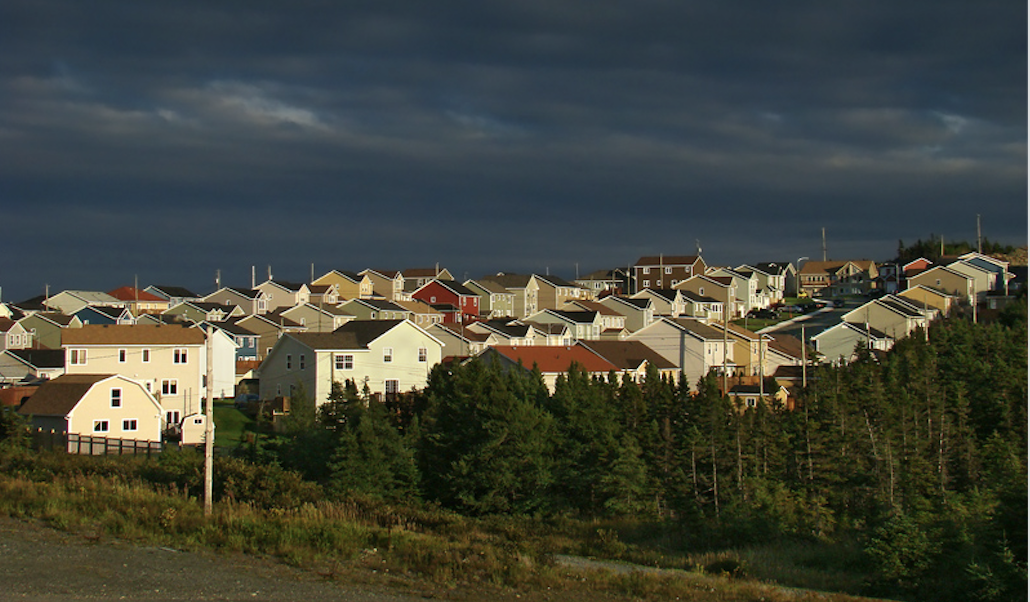After months of negotiations and rejected offers, the town of Paradise, N.L., reached a new deal with its municipal workers on October 27.
The agreement came amid a lockout that the town imposed on October 23. The previous contract expired at the end of 2016. Workers rejected two contract offers.
The Newfoundland and Labrador Association of Public and Private Employees (NAPE) represents approximately 120 municipal workers, including garbage and waste collectors, maintenance workers, building inspectors, permit officers and those who deliver recreational services.
The union voted in favour of a strike on October 15. The town locked them out before it could begin. The workers returned to work on October 30.
Members voted 100 per cent in favour of the three-and-a-half-year deal that would see wages increase by 12 per cent during this time. Members also received a $200 signing bonus. The deal is retroactive to January 1 of this year and expires June 30, 2020.
The town’s previous offer included a wage increase of 10 per cent over three years. Employees would receive a five-per-cent increase this year, retroactive to January, three per cent in 2018 and two per cent in 2019. The union agreed to a deal that would see workers’ wages increase by six per cent this year, retroactive to January, two per cent in 2018, two per cent in 2019 and two per cent for January 1 to June 30, 2020.
After the agreement was reached, Deputy Mayor Elizabeth Laurie called the new deal “fair” and one that could be made without increasing the town’s budget. She had said in an earlier statement that the town could not “stand by and wait for a strike to happen,” and that the only way to increase workers’ wages would be to increase taxes or fees or decrease town services.
Workers were concerned that they were being paid less than what workers in nearby communities receive for similar work, said Jerry Earle, NAPE president. This was particularly frustrating because the town’s councillors are paid similarly to councillors in nearby municipalities, he said.
The new deal includes a parity review to see how workers’ pay compares to those in the nearby communities of Mount Pearl, Conception Bay South and Portugal Cove-St. Philip’s. Union members had raised concerns about wage parity when the union investigated why they’d rejected previous offers, said Earle.
Workers also said they weren’t being respected in the workplace, said Earle. Part of the contract includes an agreement for an outside company to review the workplace. Respect at work can be a difficult thing to discuss at negotiations, so when an agreement on it is reached “employees feel empowered in a pretty positive way,” Earle said.
The deal happened quickly because both sides were willing to have “frank conversations” and discuss their concerns.
“No matter how different the issue is, both sides have to be sitting at the bargaining table to resolve it,” said Earle, explaining how the deal came together so quickly. “It can’t be a one-sided effort where it’s all-union or all-employer.”
He said both sides realized this lockout was negatively affecting the town’s growing community, which includes many young families who rely on the recreational and community services the workers provide.
With about 21,000 residents, the town has the youngest average population of any municipality in the province.
Garbage collection continued during the lockout — although NAPE members were critical of city managers driving the trucks. Recycling was suspended. Arenas, softball diamonds, soccer fields and community centres were closed. City after-school programs didn’t run. The town hall remained open, but council meetings were moved to a monthly schedule.
Meagan Gillmore is rabble.ca’s labour reporter.
Photo: Tango7174/Wikipedia
Chip in to keep stories like these coming.




